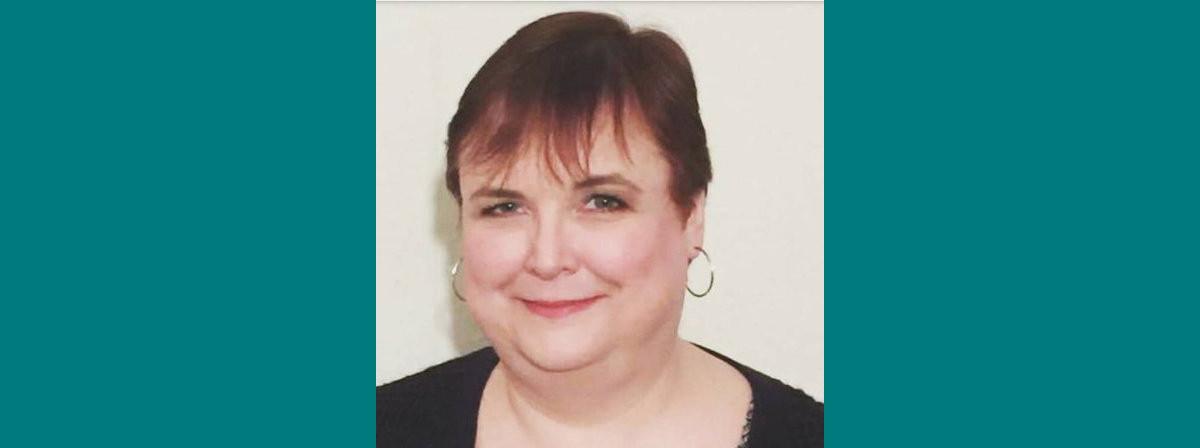
Alumni Spotlight: Cyn Armistead

This is the story of Cyn, in her own words. A Senior Technical Advisor at Apple, she picked programming a long time ago and is now dedicated to technical writing, programming and helping people with their technical questions. She took RMOTR's Introduction to Python programming course and was an excellent student. We hope you find her story inspiring.
Apply to a Women Who Code Scholarship using this link: http://bit.ly/wwcode-b18-m
Please introduce yourself
My name is Cyn Armistead. I live in the suburbs of Atlanta, Georgia in the United States. I’m on leave from Apple, where I work from home as a senior technical advisor (meaning that I am the person you get when you call to get help about your Mac, iPad, iPhone, etc. and the first tier people can’t help you), and seeking new remote employment. Until recently I was also the sole support/QA/documentation person for a small SaaS startup. When I’m not working I volunteer with a local animal shelter and with an organization that helps senior citizens learn to use technology, knit, make music, and read voraciously. I have a website where you can learn more — start at http://cynthiaarmistead.com/ .
I don’t work as a programmer or use programming in my official employment, although learning to program has definitely helped in terms of doing QA. I program for the sheer joy and challenge of it, and in hopes of actually finding employment as a developer as my skills grow.
How did you get into programming?
I edged into coding when I walked into work one day in 1995 and someone said, “Update the website with this tech support alert!” So I did a web search, opened a text editor, and started doing HTML in order to update the site. That day I went home and created my own website (http://technomom.com/ — definitely not in the same form that it was back then!). I also learned some basic *nix shell scripting out of necessity on that job.
Other than adding CSS and getting into WordPress and other CMS’s, I didn’t go much farther for many years — it all seemed too intimidating, and I didn’t have a real need to know how to create anything with them. When I’m doing QA, not knowing how to program is an issue, so I’ve always wanted to try it. The explosion of resources for learning how to code over the last few years has made programming much less frightening, so I started thinking that perhaps I could actually do it. And this year, I finally got started!
What’s your proudest achievement?
Not programming related, but my proudest achievement is raising and educating my daughter Katie. Her father died when she was quite young, and I homeschooled her. She’s an incredible woman, fierce, kind, intelligent, courageous, independent, and well-rounded. She graduated from the University of Nebraska at Omaha with honors a few years ago. She built her own PC when she was 11, then installed Linux on it — things few adults can manage. She created her first website shortly after that and maintained it for years. She has a wonderful daughter of her own now, and I look forward to seeing how the next generation continues our tradition of learning.
What’s the hardest part about programming?
The hardest part so far has been getting past the idea that I can’t do it! I’m still working on getting past that lack of confidence, but it’s insidious. I think much of that is due to internalized misogyny and ageism. My life partner, Rick, has been a huge help in working through that — he pushes me when I’m tempted to quit. The endless patience of the mentors at RMOTR, the women I’ve met via Women Who Code, and the strong community surrounding FreeCodeCamp have all been major sources of assistance, too.
What’s your advice for new coders?
The first step, I think, is finding something you want to program — it’s easiest if you have something specific that you want to build!
Next, how do you like to learn? From videos or interactively, from a self-paced course or one with a schedule and live instructors? You can find it all easily, and much of it is free! I’d start by going to http://freecodecamp.com/ or http://codeacademy.com/ or one of the many other sites that offer free lessons to get you started. Those are the two that I used the most before coming to Rmotr, but there are other sites that might be more accessible to people who prefer videos more, like http://lynda.com/ (not free, but you can do a one-month trial). I truly appreciate the many resources from Laurence Bradford of http://learntocodewith.me/ — her blog, newsletter, free courses, and resource lists are very helpful.
Finally, you have to practice. Constantly. Do something every day, or you will forget what you’ve learned. Consider joining 100 Days of Code — https://medium.freecodecamp.com/join-the-100daysofcode-556ddb4579e4#.6g2u35s7y.
I want to personally thank Cyn for her dedication throughout the course, her good will to share her story and Women Who Code to make possible reaching these amazing people.
If you’re looking to learn to code, you can also apply for a Women Who Code scholarship here: http://bit.ly/wwcode-b18-m